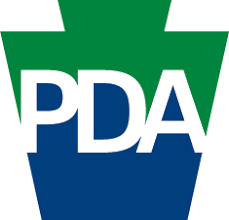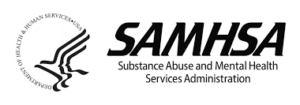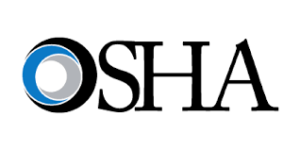SNAP Asks PA Delegation for More COVID-19 Funding
More federal funding is needed for hospitals that serve especially high proportions of Medicaid patients and patients insured by government programs, the Safety-Net Association of Pennsylvania has written to members of the state’s congressional delegation.
This is especially important now, SNAP emphasized in its letter, because of new plans to use some of the $100 billion designated for hospitals and health care providers in the federal CARES Act to pay instead for care for uninsured patients who contract COVID-19. Those payments, which SNAP supports, do not address the needs for which the original $100 billion was designated: to help hospitals – including Pennsylvania safety-net hospitals – with the cost of the investments they made to prepare for the expected influx of COVID-19 patients and to help them with cash flow challenges arising from the loss of revenue associated with suspending elective procedures.
See SNAP’s letter to Pennsylvania’s congressional delegation here.
 Department of Human Services
Department of Human Services Department of Health and Human Services
Department of Health and Human Services Department of Health Daily Briefing
Department of Health Daily Briefing The Department of Aging has issued guidance informing operators of facilities that serve older adults that the Identogo/Idemia sites that facilitate the FBI background checks of individuals who work at such facilities may remain open as life-sustaining businesses during the COVID-19 crisis; that there is no change in the background check requirements or processes for applicants seeking employment in such facilities; and that there are circumstances under which individuals who are unable to obtain FBI background checks because of the closure of some Identogo/Idemia sites may qualify for provisional hiring. See the guidance
The Department of Aging has issued guidance informing operators of facilities that serve older adults that the Identogo/Idemia sites that facilitate the FBI background checks of individuals who work at such facilities may remain open as life-sustaining businesses during the COVID-19 crisis; that there is no change in the background check requirements or processes for applicants seeking employment in such facilities; and that there are circumstances under which individuals who are unable to obtain FBI background checks because of the closure of some Identogo/Idemia sites may qualify for provisional hiring. See the guidance  Centers for Medicare & Medicaid Services
Centers for Medicare & Medicaid Services SAMHSA will fund
SAMHSA will fund  The Governor Wolf/Department of Health Daily Briefing
The Governor Wolf/Department of Health Daily Briefing OSHA has provided interim guidance to its regional administrators and state plan designees regarding
OSHA has provided interim guidance to its regional administrators and state plan designees regarding